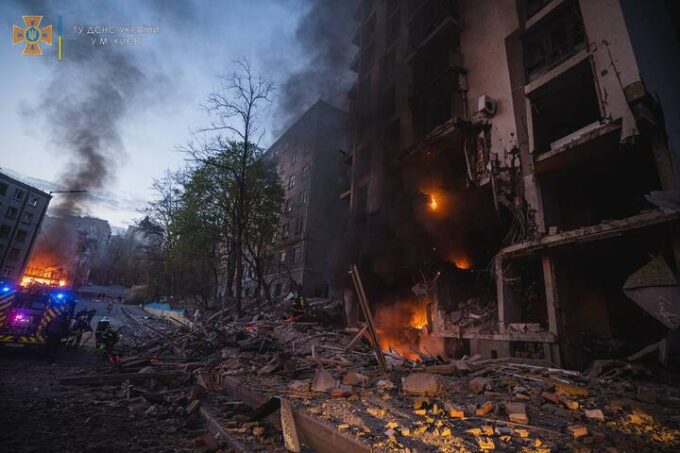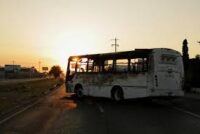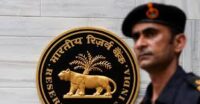Concerns are growing that South Sudan, the world’s youngest nation, may be on the brink of another devastating civil war following the arrest of Vice-President Riek Machar on March 26. The rising tensions in the East African country have cast doubt on the fragile 2018 peace agreement that ended five years of brutal conflict. Machar’s party, the Sudan People’s Liberation Movement in Opposition (SPLM-IO), declared that his house arrest has effectively collapsed the peace deal, raising alarm both domestically and internationally.
South Sudan gained independence from Sudan in 2011 after decades of armed struggle led by the Sudan People’s Liberation Movement (SPLM), now headed by President Salva Kiir. However, just two years later, the nation descended into civil war after Kiir dismissed Machar from the vice presidency, accusing him of attempting a coup. The conflict, which followed ethnic lines—Kiir being Dinka and Machar Nuer—led to an estimated 400,000 deaths and displaced over 2.5 million people.
Machar was reinstated in 2018 as part of a peace deal designed to unify the government and prepare for national elections. Yet, recent events have reignited fears of instability. In early March, the White Army militia—formerly allied to Machar—clashed with government troops in Upper Nile state, capturing a military base in Nasir. Days later, a UN helicopter evacuating soldiers came under fire, resulting in the deaths of several personnel, including a senior military officer. The situation escalated when Machar and several allies were arrested, accused of inciting rebellion.
The 2018 peace agreement, which was meant to transition South Sudan to a democratic era, has seen only partial implementation. One of its key components was the creation of a unified national army of 83,000 troops by integrating government forces and former rebels. This effort has largely stalled, and various armed militias still operate under different political allegiances. A special court backed by the African Union was also proposed to prosecute those responsible for atrocities during the conflict, but this has not materialized due to resistance from powerful individuals within the government.
Elections initially scheduled for 2022 have not taken place, nor has a new constitution been drafted, further deepening political uncertainty. Long-standing tensions between Kiir and Machar, both senior figures in the SPLM who fought for independence, continue to destabilize the country. Their rivalry is exacerbated by ethnic divisions, delayed elections, and unfulfilled political aspirations. Machar has long accused Kiir of authoritarianism, while repeated election postponements have prevented him from pursuing his own leadership ambitions.
Riek Machar, now 72, is a seasoned political figure with a background in engineering and strategic planning. Known for switching allegiances during the struggle for independence to bolster the position of his Nuer ethnic group, he has been a central figure in South Sudanese politics since independence. Salva Kiir, 73, a devout Catholic and former military intelligence commander, has led South Sudan since 2011 but remains in power without an electoral mandate.
The United Nations has warned that the country is teetering on the brink of full-scale civil war. According to Crisis Group analyst Daniel Akech, the situation is further complicated by the presence of multiple armed groups that appear to be preparing for conflict, raising the specter of widespread violence. The war in neighboring Sudan is also contributing to regional instability.
Efforts to calm the situation are ongoing. Uganda, one of the regional guarantors of the 2018 peace deal, has recently deployed troops to South Sudan, citing a long-standing agreement to support the government. Ugandan President Yoweri Museveni met with Kiir in Juba, although the outcomes of their discussions remain unclear. The African Union sent a diplomatic delegation to the capital but failed to secure a meeting with Machar, and has not released a statement following the visit. Western countries, including the United States and the United Kingdom, have issued calls for de-escalation, but their influence appears limited.
As tensions rise and the peace agreement falters, South Sudan faces a critical crossroads. The international community watches closely, hoping to prevent a return to the violence that once tore the nation apart. With mistrust deepening and political agreements unraveling, the risk of another civil war looms large over South Sudan.














Leave a comment